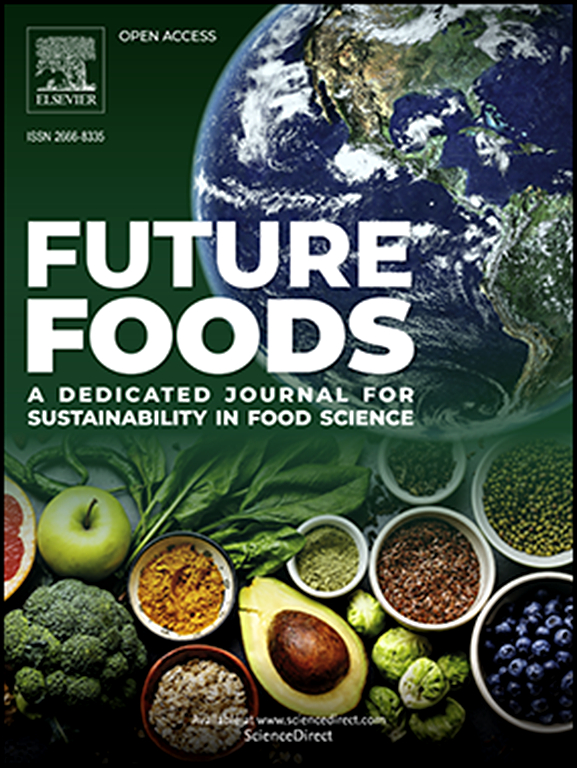Metabolomics findings associated with the effects of decontamination approaches on foodborne pathogens; a state-of-the-art review
IF 7.2
Q1 FOOD SCIENCE & TECHNOLOGY
引用次数: 0
Abstract
Metabolites produced by foodborne pathogens (FBPs) not only determine the microbial quality of the contaminated foods but also have undeniable effects on dysbiosis of the gut microbiota and subsequent consumers’ health. Accordingly, investigation of microbial metabolites derived from FBPs has received considerable attention even for the dead cells. Recently, online detection and rapid differentiation of FBPs, determination of biomarker metabolites and their fingerprinting in FBPs, discrimination of toxin-producing strains and antimicrobial resistance profile/mechanisms has been studied thanks to the advancement in metabolomics analyses. Recently, some of the most important fungi, Gram-positive and Gran-negative foodborne bacteria have been studied using different chromatography- and/or spectroscopy-based instrumental analyses in combination with proper data mining algorithms using metabolomics approaches. The aim of the present review is highlighting the effects of inhibitory compounds/approaches including organic acids, essential oils, herbal extracts, microbial-derived inhibitory compounds, other biological controls, synthetic preservatives, non-thermal processing and their combination on metabolite profiles/metabolic pathways of FBPs. Moreover, promising action modes of these inhibitory components/methods like destruction of the cell membrane, reduction of biofilm formation, suppression of the efflux system, quorum sensing inhibition, and up/down-regulation of the involved metabolic pathways have also been discussed to find proper adjuvant therapy/efficient hurdles for antimicrobial-resistant FBPs and their response/adaptation biomarkers to environmental stresses.

求助全文
约1分钟内获得全文
求助全文
来源期刊

Future Foods
Agricultural and Biological Sciences-Food Science
CiteScore
8.60
自引率
0.00%
发文量
97
审稿时长
15 weeks
期刊介绍:
Future Foods is a specialized journal that is dedicated to tackling the challenges posed by climate change and the need for sustainability in the realm of food production. The journal recognizes the imperative to transform current food manufacturing and consumption practices to meet the dietary needs of a burgeoning global population while simultaneously curbing environmental degradation.
The mission of Future Foods is to disseminate research that aligns with the goal of fostering the development of innovative technologies and alternative food sources to establish more sustainable food systems. The journal is committed to publishing high-quality, peer-reviewed articles that contribute to the advancement of sustainable food practices.
Abstracting and indexing:
Scopus
Directory of Open Access Journals (DOAJ)
Emerging Sources Citation Index (ESCI)
SCImago Journal Rank (SJR)
SNIP
 求助内容:
求助内容: 应助结果提醒方式:
应助结果提醒方式:


